A bloodbath gripped the crypto markets this week, with virtually every single major cryptocurrency taking significant losses, but huge amounts of excitement remains about the space from all corners of society.
Bitcoin, the first, biggest, and most recognisable cryptocurrency, has been at the heart of much of that excitement, with acolytes touting it as the future of global finance, and some even suggesting that it could replace fiat currencies like the dollar and the pound.
Bitcoin’s rise has been so rapid and so aggressive that the market’s more established institutions and figures have been simply unable to ignore it.
There is a big spread of opinion across the sector, with some seeing cryptocurrencies as a possible driver of a fundamental shift in the global financial system, others disliking bitcoin, but having some faith in the blockchain technology that underlines it, and others just seeing crypto as, basically, a complete waste of time.
To find out where the industry’s big players stand on the cryptocurrency world, Business Insider looked back through recently published analyst notes from major investment banks, research houses, and asset managers.
You can see what staff from the likes of Goldman Sachs, Morgan Stanley, and JPMorgan think below:
James Faucette, Morgan Stanley: Bitcoin is worth $0.
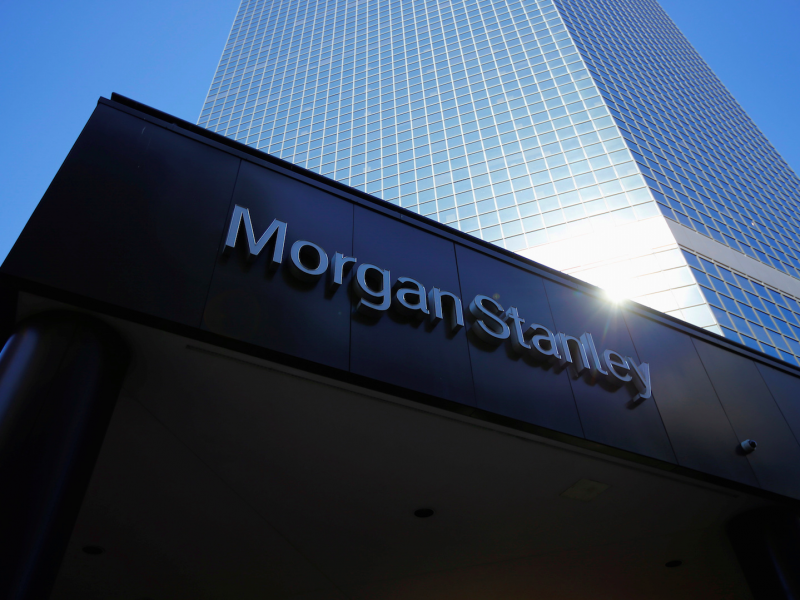
Bullish or bearish?: Bearish
What they say: Faucette's issue with the currency is that it is incredibly hard to value, and that it also very hard to determine what kind of an asset it is.
As BI's Jim Edwards wrote back in December when the note was first released:
"Morgan Stanley analyst James Faucette and his team sent a research note to clients a few days ago suggesting that the real value of bitcoin might be ... $0.
"That's zero dollars. (Bitcoin stood at around $14,400 at the time of writing.)
"The paper (titled "Bitcoin decrypted") did not give a price target for bitcoin.
"But in a section titled "Attempts to Value Bitcoin," Faucette described why it is so hard to ascribe value to the cryptocurrency. It's not like a currency, it's not like gold, and it has had difficulty scaling."
Chief Investment Office team at UBS: Crypto is a bubble but blockchain is important technology.

Bullish or bearish?: Bearish on bitcoin, reasonably bullish on blockchain.
What they say: "Cryptocurrencies have soared in popularity since 2008, with more than 1,000 in existence today and an aggregate value greater than the market capitalization of IBM. But we are highly doubtful whether they will ever become mainstream currencies," a note from the Swiss bank said back in October 2017.
"The need for companies and individuals to pay tax receipts in government-issued currency, and the potentially unlimited crypto-money supply, pose significant barriers to widespread adoption. We think the sharp rise in crypto-currency valuations in recent months is a speculative bubble."
"But while we are doubtful cryptocurrencies will ever become a mainstream means of exchange, the underlying technology, blockchain, is likely to have a significant impact in industries ranging from finance to manufacturing, healthcare, and utilities."
Nikolaos Panigirtzoglou, JP Morgan: Futures contracts for bitcoin have the "potential to elevate cryptocurrencies to an emerging asset class."

Bullish or bearish?: Bullish
What they say: Panigirtzoglou and his team believe that the recent introduction of futures contracts for bitcoin have the "potential to elevate cryptocurrencies to an emerging asset class."
"The value of this new asset class is a function of the breadth of its acceptance as a store of wealth and as a means of payment," Panigirtzoglou and his team said in the note back in December.
"Simply judging by other stores of wealth such as gold, cryptocurrencies have the potential to grow further from here."
Zach Pandl and Charles Himmelberg, Goldman Sachs: Bitcoin has uses in developing nations.

Bullish or bearish?: Cautiously bullish
What they say: Goldman's analysts said earlier in the month that bitcoin can become a "legitimate and widespread form of money" in the future, especially in developing countries, according to BI's Akin Oyedele.
"The widespread use of the dollar outside the US - and full dollarization in some countries - suggests there is already demand for an internationally accepted medium of exchange and store of value," Zach Pandl and Charles Himmelberg wrote in a note to clients.
"In those countries and corners of the financial system where the traditional services of money are inadequately supplied, bitcoin (and cryptocurrencies more generally) may offer viable alternatives."
Quinlan & Associates: One bitcoin is worth no more than $1,780.
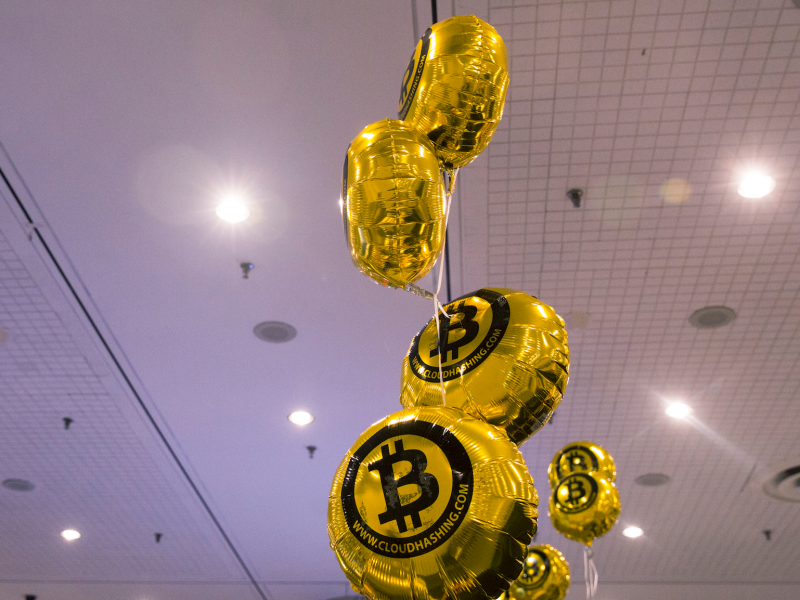
Bullish or bearish?: Very bearish
What they say: It's safe to say that Quinlan & Associates, a major Wall Street consultancy, does not like bitcoin one single bit.
In a report titled "Fool's Gold: Unearthing The World of Cryptocurrency" the firm argued that bitcoin could drop as low as $1,800 by the end of this year, an 82% drop from its current price.
"As an asset, we valued Bitcoin using a cost of production approach and a store of value approach, resulting in values of USD 2,161 and USD 687 respectively. To value BTC as a currency, we estimated its utilization for both legal, retail transactions payments, as well as payments in the black market. After significant testing, we calculated the price of BTC 1 to be USD 1,780."
Read Business Insider's full story of Quinlan's note here.
Mitch Steves, RBC Capital Markets: Bitcoin is a global store of value, like gold.
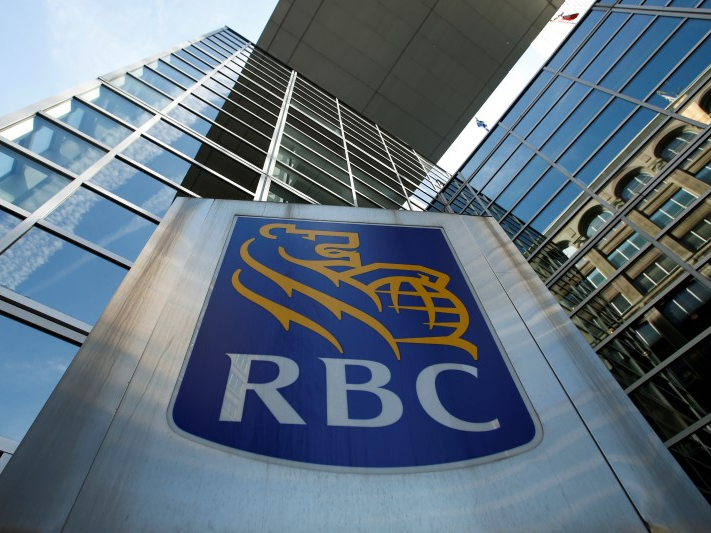
Bullish or bearish?: Bullish
What they say: "While the Crypto-Currency space has many risks, the opportunity appears vast with constant technology updates. With a rapid rise in prices we outline the bull case for building a decentralized future," Steves wrote in a note on January 3.
His case centres around several different uses of bitcoin and ethereum, including as a global store of value.
"The current market capitalization of gold is ~$8 billion and the total amount of capital held in offshore banking accounts was estimated to be around ~$21 trillion (according to 2013 study from the Guardian)," Steves wrote.
"Offshore tax havens include the Cayman Islands, Switzerland and several private banks. With a new digital store of value that cannot be seized, crypto currencies have unlocked a large market opportunity for the first viable use case: a store of value.
"We can see the use case as material since the crypto currency now travels with you to any place with an internet connection: your phone to a laptop. This store of value cannot be seized without your private keys."
Belinda Boa, BlackRock: "Bubble-like" valuations.

Bullish or bearish?: Bearish
What they say: "We are seeing sort of bubble-like valuations. BlackRock's view is that this isn't a financial asset like we would trade in terms of equities and fixed-income instruments," Belinda Boa, BlackRock's head of active investments for Asia-Pacific recently told reporters.
Lilian Chovin, Coutts: "Nothing but sentiment" backing cryptocurrencies.

Bullish or bearish?: Bearish
What they say: Private bank Coutts said early in December that it has no plans to invest in bitcoin because the cryptocurrency has "nothing but sentiment" behind it.
Lilian Chovin, investment strategist at Coutts Bank - which is known as the bank of choice for the Royal Family, as well as many of the UK's wealthiest people - said cryptocurrencies "have nothing but sentiment backing them up, are vulnerable to government sanctions and lack the kind of data we look for to gauge value."
As a result, she said, Coutts has no current plans to include cryptocurrencies in its investment strategies.
Viktor Shvets, Macquarie: Bitcoin is a technological leap as important as the mass production of cars in the early 20th century.

Bullish or bearish?: Bullish
What they say: Earlier in January Shvets - an analyst known for his bold, often off the wall commentary - published a somewhat esoteric note comparing the rise of bitcoin and cryptocurrencies to the industrialisation of the auto manufacturing process in the early 20th century.
Shvets' basic argument is that both represent a major technological advance with the potential to fundamentally alter society.
"The key that links cryptos with Henry Ford and the main difference between (say) bitcoin and tulips is that cryptocurrencies are based on sustainable and evolving technological foundations (just as cars were in the early 20th century).
"To argue that the blockchain is good but cryptos bad is to forget that without various forms of ledger balances (or cryptocurrencies), blockchain is an empty vessel," he wrote.
You can read Business Insider's full story on the note here.
Teunis Brosens, ING: Bitcoin will return to being a "niche product for enthusiasts."

Bullish or bearish: Bearish
What they say: As BI's Oscar Williams-Grut wrote in December, Brosens believes that bitcoin has drifted too far from its original goal of being a decentralized payment system and its recent price rises are unsustainable.
"Bitcoin has little to offer to a wider audience, and will likely return to being a niche product for a select group of enthusiasts," Brosens wrote.
"One day, beyond the hype, Bitcoin will return to being the niche product that it was in its initial years. Users will include tech nerds, people obsessed about their privacy, people afraid for (hyper)inflation in traditional currencies, and people wanting to circumvent central banks for ideological or criminal reasons."
Jamie Dimon, JPMorgan: "The currency isn't going to work."
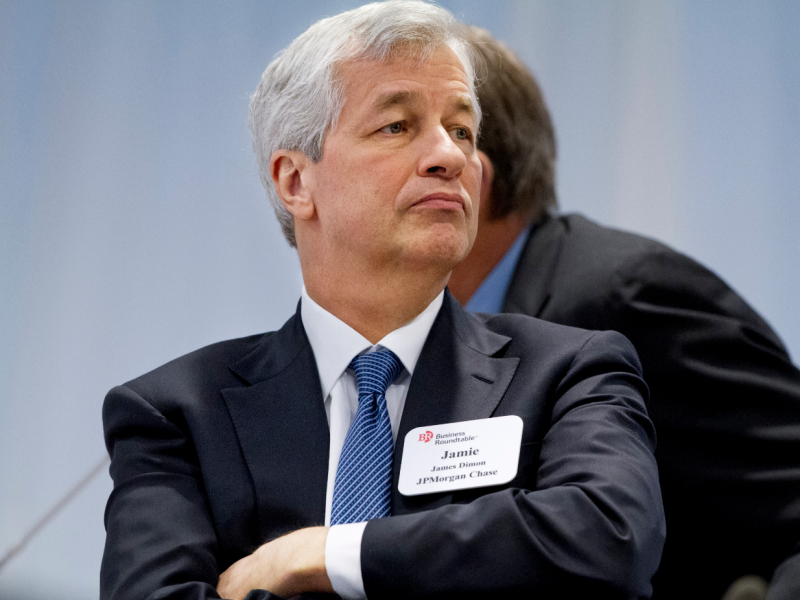
Bullish or bearish?: Bearish, but sorry for what he said.
What they say: JPMorgan's CEO has a very public and very strong dislike of cryptocurrencies like bitcoin, saying back in 2017 that he believed bitcoin is a "fraud."
"The currency isn't going to work. You can't have a business where people can invent a currency out of thin air and think that people who are buying it are really smart," he said in September.
Dimon has since rowed back on those comments, saying he regrets using the word fraud. He remains, however, completely uninterested in bitcoin.
Warren Buffett, Berkshire Hathaway: "What's going on definitely will come to a bad ending."
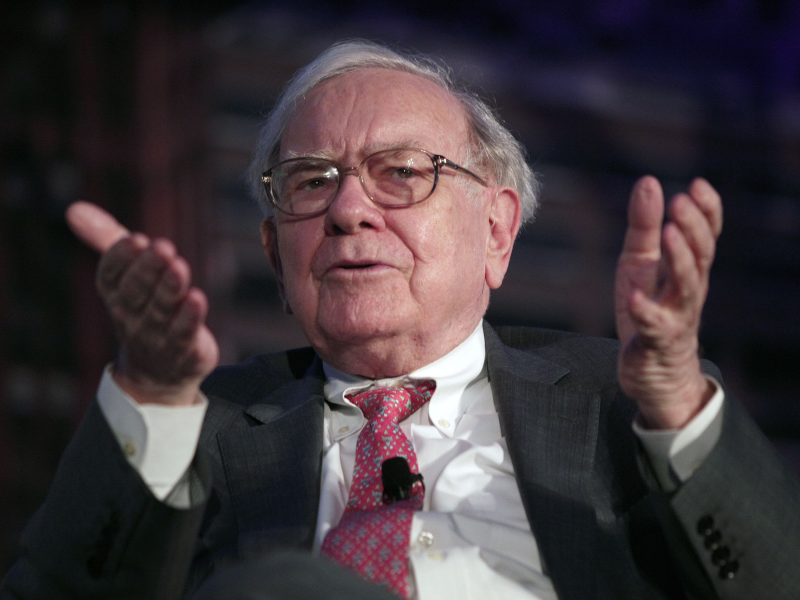
Bullish or bearish?: Bearish
What they say: As probably the most famous investor in modern history, it is worth getting the thoughts of Berkshire Hathaway's legendary founder, Warren Buffett.
It is safe to say Buffett isn't a fan of cryptocurrencies, and earlier in January he told CNBC that bitcoin is set for a "bad ending."
"We don't own any; we're not short any," Buffett said. "We'll never have a position in them."
Of options trades that would profit from price declines, he added: "If I could buy a five-year put on every one of the cryptocurrencies, I'd be glad to do it but I would never short a dime's worth."
"What's going on definitely will come to a bad ending," he said.

